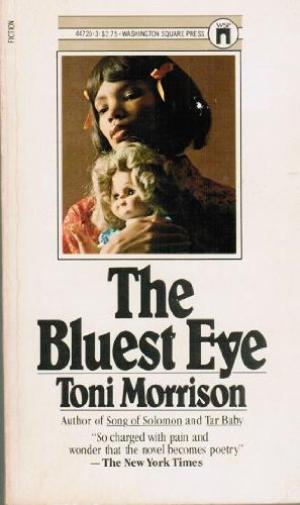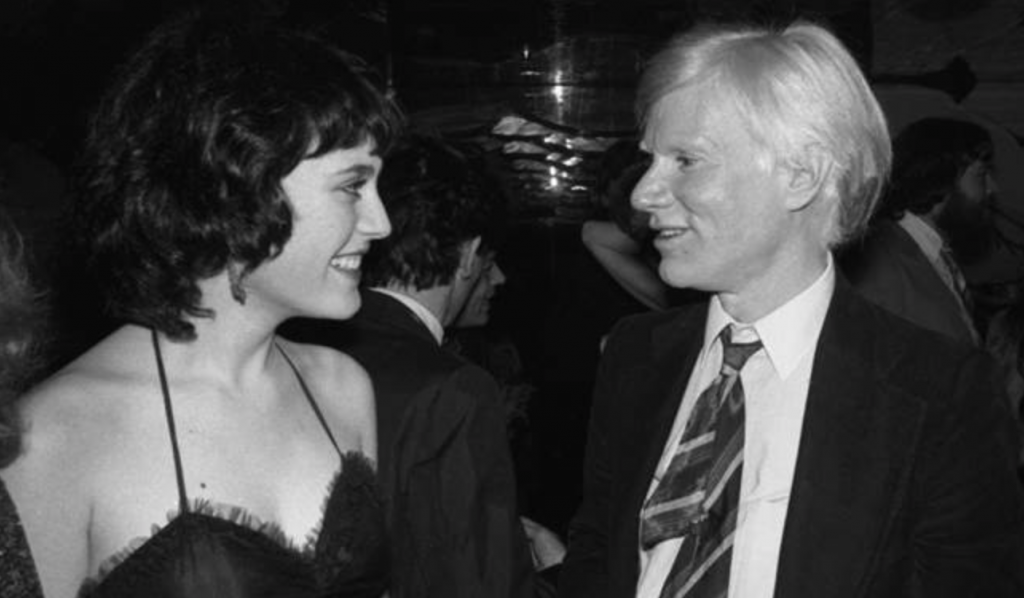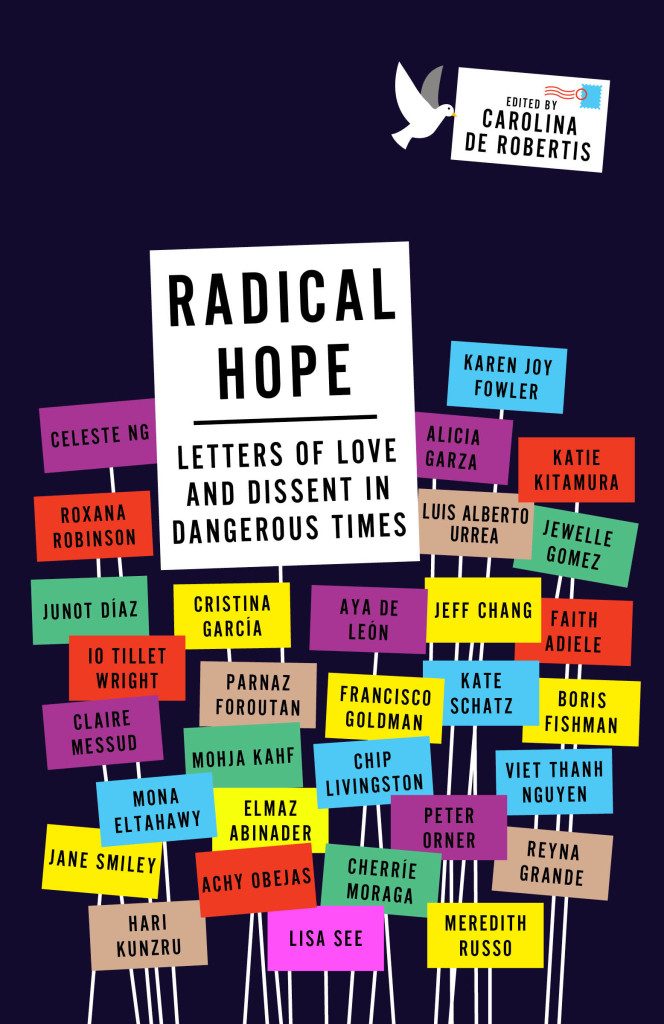 Recently I was at a dinner party of my peers, which is to say: Not Young People. (Thus far, most Generation Xers refuse to refer to themselves as middle-aged, though we surely are.) The subject came around, as it inevitably does these days, to the Trump administration and the turmoil wracking our country and world (besides France). ““I feel like there’s no protest music being made anymore,” said one friend. “Dude,” said another. “I feel like there’s no protest art being made anymore, period.”
Recently I was at a dinner party of my peers, which is to say: Not Young People. (Thus far, most Generation Xers refuse to refer to themselves as middle-aged, though we surely are.) The subject came around, as it inevitably does these days, to the Trump administration and the turmoil wracking our country and world (besides France). ““I feel like there’s no protest music being made anymore,” said one friend. “Dude,” said another. “I feel like there’s no protest art being made anymore, period.”
On the way home, I realized how much I disagreed with that statement. One of the fundamental roles of art always has been to shed light on the human condition–to increase our empathy for each other. Even art that ostensibly focuses only on beauty–Monet’s lilies, for example, or ee cummings’s lowercase homages–is also about love and mortality, which brings us back to the human condition. And the concept of “beauty” has always been subjective and intensely fraught; read Toni Morrison’s The Bluest Eye if you need a refresher on that concept.
But let’s not be fatuous. Not all art is equally charged. Karen Finley’s performance art is a provocative tool of second-wave feminism while “Guardians of the Galaxy Volume 2″ hardly challenges the status quo in any significant way. To even compare the two seems ridiculous, which begs the question: Isn’t there a place for fluff-o-tainment that allows us to turn our brains off sometimes? Isn’t there room in our cultural arena for, say, the “Real Housewives” television franchise and “The Wire,” David Simon’s potent examination of Baltimore power structures? For James Ellroy’s pulpy noir and Paul Beatty’s sharply observed fiction? For the works of kitsch masters Walter (and Margaret!) Keane and activist-artist Kerry James Marshall? Continue Reading →

 Fashion journalist Natasha Fraser-Cavassoni’s memoir, After Andy, would be a gas even if it didn’t dish on the life and times of Andy Warhol. I use the term “gas” because the whole book crackles with English, French, and American twentieth-century slang and spoonerisms in the most delightfully gassy way. To hear Fraser-Cavassoni tell it – and she’s a truth-teller even when the truth paints her as a daft bird – her whole life has been quite a gas. Born in 1963 to best-selling author Lady Antonia Frasier and politician Sir Hugh Frasier, her stepfather was Nobel Laureate winner Harold Pinter and family friends included Caroline Kennedy, Lucian Freud, and Jean Rhys. When she was seventeen, Natasha began an affair with Mick Jagger, whom she met on a luxury yacht. She also met pretty much everyone else worth meeting in seventies, eighties, and nineties London, New York, and Los Angeles during her reign as an international “it girl” who worked as a model, actress, agent, and general gadfly. In short, she was Paris Hilton before Paris Hilton, with three key exceptions. Natasha had a sense of humor. Natasha could write. And Natasha served as the last of Andy Warhol’s “English muffins” – the term for the succession of well-bred English girls who worked in the Factory, Warhol’s legendary creative studio and business center.
Fashion journalist Natasha Fraser-Cavassoni’s memoir, After Andy, would be a gas even if it didn’t dish on the life and times of Andy Warhol. I use the term “gas” because the whole book crackles with English, French, and American twentieth-century slang and spoonerisms in the most delightfully gassy way. To hear Fraser-Cavassoni tell it – and she’s a truth-teller even when the truth paints her as a daft bird – her whole life has been quite a gas. Born in 1963 to best-selling author Lady Antonia Frasier and politician Sir Hugh Frasier, her stepfather was Nobel Laureate winner Harold Pinter and family friends included Caroline Kennedy, Lucian Freud, and Jean Rhys. When she was seventeen, Natasha began an affair with Mick Jagger, whom she met on a luxury yacht. She also met pretty much everyone else worth meeting in seventies, eighties, and nineties London, New York, and Los Angeles during her reign as an international “it girl” who worked as a model, actress, agent, and general gadfly. In short, she was Paris Hilton before Paris Hilton, with three key exceptions. Natasha had a sense of humor. Natasha could write. And Natasha served as the last of Andy Warhol’s “English muffins” – the term for the succession of well-bred English girls who worked in the Factory, Warhol’s legendary creative studio and business center.  An award-winning novelist and literary translator, Carolina de Robertis has donned a new hat for her latest literary effort, that of anthology editor. In the wake of the November 2016 U.S. presidential election, she put out a call for politically inflected love letters in the tradition of James Baldwin’s 1963
An award-winning novelist and literary translator, Carolina de Robertis has donned a new hat for her latest literary effort, that of anthology editor. In the wake of the November 2016 U.S. presidential election, she put out a call for politically inflected love letters in the tradition of James Baldwin’s 1963